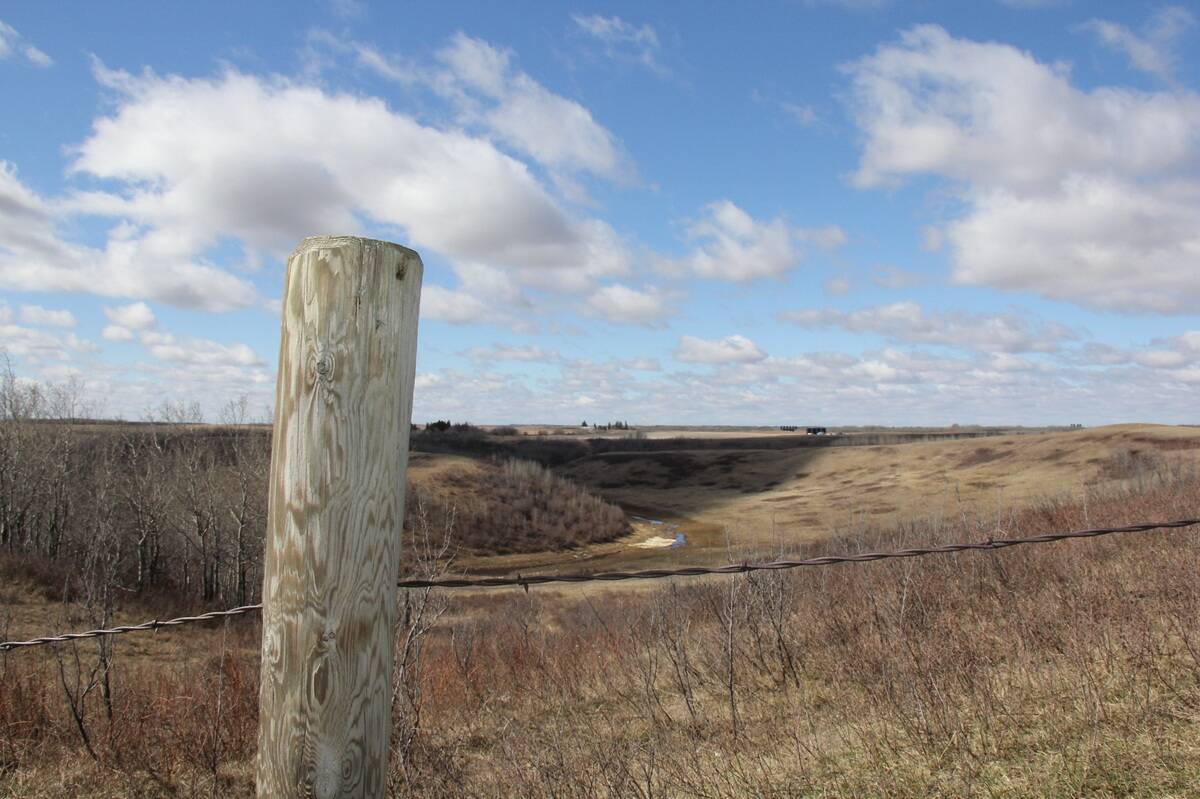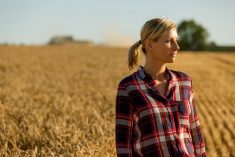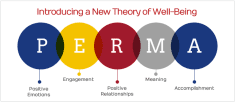What makes a good life? Is that an easy question for you to answer?
In 1938, the Harvard Study on Adult Development was started at Harvard University to explore this question. The study began with 268 male students at Harvard. Only a handful of the initial participants are still alive, and they are over 100 years old.
Partway through, the project almost ran out of steam. But then, new supporters, researchers and participants joined. The study is now led by psychiatrist Robert Waldinger, who has been working on it for many years.
Read Also

How to work with several generations on the ranch
With up to five generations working together on the ranch, it’s important to foster understanding and communication
One important piece that came out of the study was that to truly establish success, whatever that may mean, it was necessary to look long term and big picture. When looking at a brief time span, all the participants did experience significant ups and downs. One member who had started out looking like the golden boy ended up, after a series of bad choices, dying at an early age. Another who started with several strikes against him turned his life around and led a long and fulfilling life.
The emotional intelligence of individuals and the ability to adapt were also related to more fulfillment. Michael Miller, writing about the study for 6seconds.org, outlined the key traits and linked them to emotional intelligence:
Altruism – a commitment to others’ well-being.
Anticipation – creating a sense of positive outcome, which is an example of optimism.
Suppression – a conscious decision to postpone an impulse or decision.
Sublimation – finding outlets and expressions for feelings that promote growth and good decisions.
Humour – acquired through self-awareness.
There’s growing recognition of the significance of strong, close and deep relationships and community. Recent findings stress that loneliness can be worse than poor lifestyle choices and harm one’s health. In the Harvard study, strong relationships were an indicator of life satisfaction, health, longevity and financial success.
I have had the fortune to witness and be part of close community in this industry. Strong bonds develop when we run comparable businesses and experience similar challenges or go through adversity together.
Waldinger’s website, robertwaldinger.com, states that the good life is built with good relationships. He writes that the study has found that “strong, meaningful relationships are the most significant indicator of long-term happiness, far surpassing wealth, fame or social status.”
But in this digital age, how can we create these relationships? The personal disconnect now seems to be significant. The far-reaching effects of the pandemic are concerning. We need to act with intention, not only paying attention to existing relationships but cultivating new ones. Long-running programs such as 4-H, which has always been a good program for youth in agriculture, have even more potential now. Young people can develop skills in leadership, governance and competition, plus make new friends.
Many of our industry and local community groups also offer opportunities to connect. Agricultural and rural communities have long valued support of and participation in these groups. As circumstances change, we need to make sure these groups evolve to meet the needs of the younger generation. Just as we need to consider succession in our operations, we need to consider this around the board table or in the organization. Who is going to step into leadership roles? Can we change things up to make sure we meet the needs of those with young families and busy lives?
Earlier this year, I attended a memorial service for a fellow who led a life well lived and had helped the communities around him significantly. If someone, or a group, needed anything, they could always count on Leo to help, said one of those paying tribute. He helped build a community hall, sell raffle tickets, organized kids and critters at a local rare and exotic sale, helped neighbours with horse feed, and planted and tended gardens at the seniors’ residence. The stories went on and on. What a good role model for all of us to follow.
Waldinger stresses that it is also important to have a good relationship with oneself. One way to build this is through a regular gratitude practice.
Yet there are some unique challenges for those of us in agriculture. It’s often suggested that connecting with nature is also key to well-being. What happens when this opportunity, which we have every day, turns into a stressor?
People in this industry are experiencing significant mental health challenges. Do More Ag (domore.ag) and AgKnow (agknow.ca) are offering accessible support. Rancher Cyle Stewart and farmer Kaitlyn Kitzan have recently spoken in public about their own struggles. Their openness and courage can set the stage for others and reduce the stigma around mental health challenges.
In Man’s Search for Meaning, Viktor Frankl wrote of his experiences in a concentration camp in the mid-1940s. “What a man actually needs is not a tensionless state but rather the striving and struggling for a worthwhile goal, a freely chosen task.”
That’s something we can all aspire to. c
















